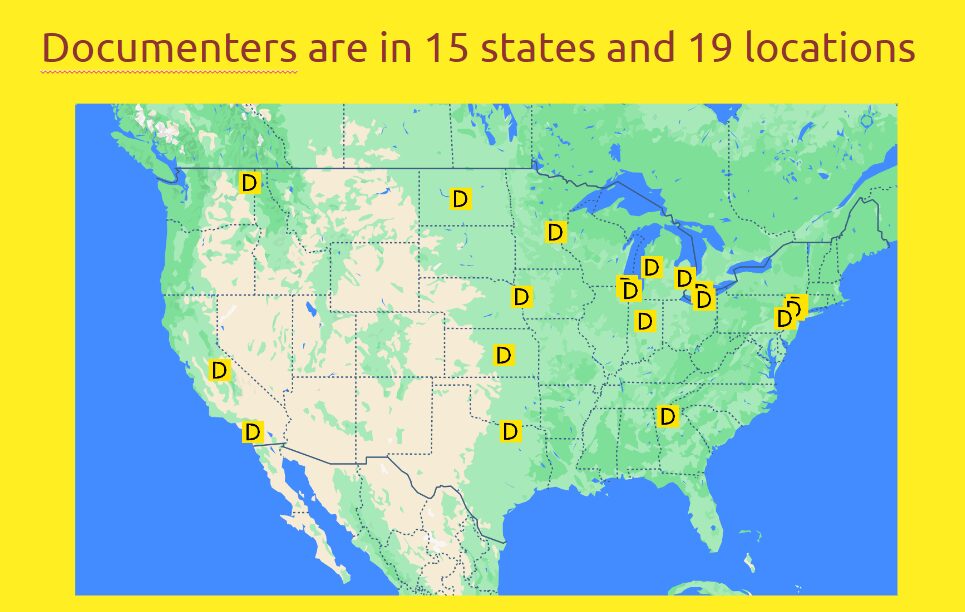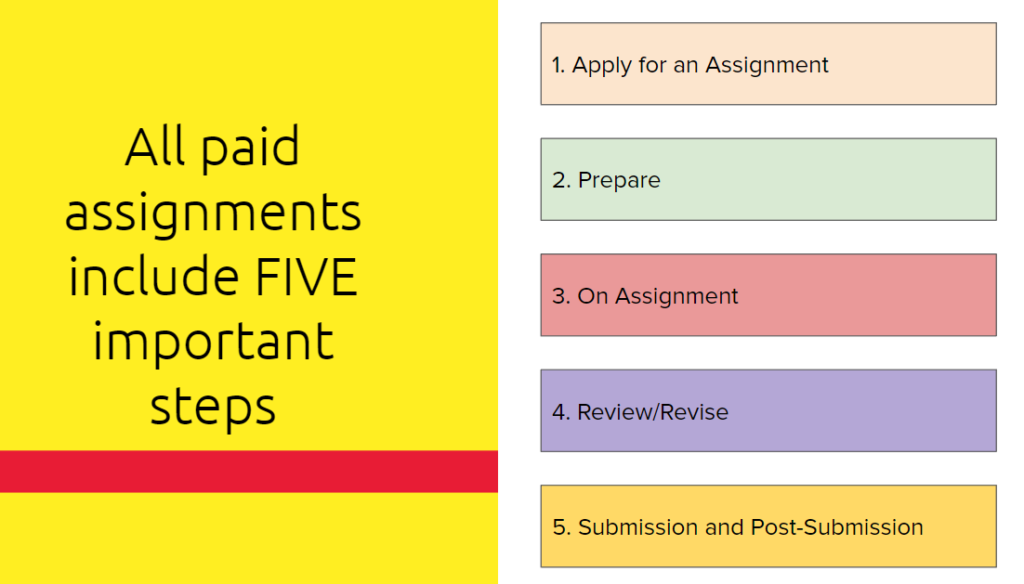Next two orientations are planned for Bismarck Documenters

The Bismarck Documenters held its second orientation session Aug. 7 on Zoom. Several people registered in advance for the 90-minute session. From that meeting, three people have taken assignments in the Bismarck, Mandan, and Lincoln communities. Their notes are listed on the Bismarck Documenters website as well as in the Buffalo’s Fire newsletter.

The National Documenter Network operates in large urban communities in 19 locations in 15 states. North Dakota’s rural communities and smaller populations move at a little bit of a slower pace. We don’t have hundreds of Documenters like those in larger cities. But as the first rural cohort, we can do things in a way that fits our community. Most importantly, these assignments will fit our communities’ time and schedule.
We are excited to announce two opportunities for local folks to explore what Documenters is all about over the next three months. More on that will be provided at the end of this newsletter.
The Bismarck Documenters is powered by Buffalo’s Fire; an independent 501-c-3 non-profit, online publication. We are also the first Indigenous cohort of the Documenters movement.
Anyone is welcome to become a Documenter, especially if they are open to learning more about civic engagement and notetaking. No experience necessary. This simple act of civic journalism is for anyone interested in learning how the systems work, what happens at these meetings and who our elected officials are. We need the community’s motivation, driving spirit, and meeting notes to highlight ‘democracy in action’ to help keep neighbors, friends and the community well-informed about the decisions that affect us all.
I want to share a recent experience that clearly identifies why this program is needed in our rural community. As I explained earlier, Documenters take notes of what they see, hear and feel at local government meetings. We hold elected officials accountable by being in those rooms where decisions are made, and we write about it.
That also means we will hold institutions and organizations responsible for making the community and citizens well-informed, including the press.
Reporting on how institutions, organizations, and community leaders interact with the public and citizens is the way to hold them accountable. This includes taking notes at public meetings and placing ads in newspapers to recruit documenters.
As mentioned earlier, we have set aside two dates for the next Documenters orientations: Sept. 19, and Nov. 13. These will most likely be virtual. However, we are looking to partner with someone in the community who is willing to host an orientation session in person. Reach out to me at alicia@imfreedomalliance.org if you want to learn more.
If you are interested in learning more about tribal council meetings and taking notes, we will be updating you soon.

Please visit our website to learn more about what we do locally and what other Documenter cities have accomplished. Sign up for a Bismarck Documenters account and look into the meetings that we cover. Documenters pick the meetings that interest them.
They don’t have to commit to an assignment every week, or every two weeks. They can sign up for one assignment per month, or one every few months. Or they can do more. We pay $20/hour. An average assignment is four hours from pre-research, to taking the meeting (usually two hours), to writing and revising notes.
I’m available for your questions at any time. Thank you. See you at orientation!
Alicia
Bismarck Documenters Program Manager
Buffalo’s Fire
Location: Bismarck, North Dakota
See the staff pageTalking Circle
At Buffalo's Fire we value constructive dialogue that builds an informed Indian Country. To keep this space healthy, moderators will remove:
- Personal attacks or harassment
- Propaganda, spam, or misinformation
- Rants and off-topic proclamations
Let’s keep the fire burning with respect.







